Do you have a horse who might make a great therapeutic riding horse? Donating your horse to a therapeutic riding program can be a wonderful, kind act on your part. But before you sign your horse over, make sure that you’re familiar with these five considerations.
How Long Has the Program Been in Existence?
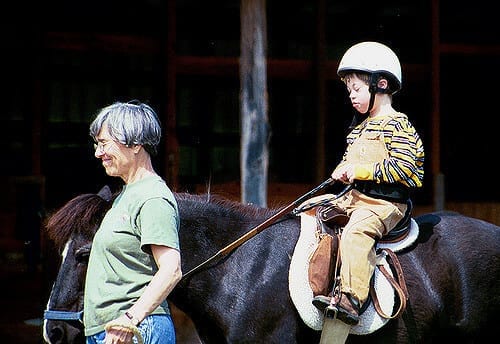
When you’re considering donating your horse, then you will want to make sure that you donate him to a quality, reputable therapeutic riding program. It’s best to avoid programs which are new start-ups. Instead, look for a program which has been running for years. An existing program is likely to be more well-established and well-organized than a new program, and there is less of a chance of the program suddenly shutting down.
What Are the Physical Requirements of Horses?
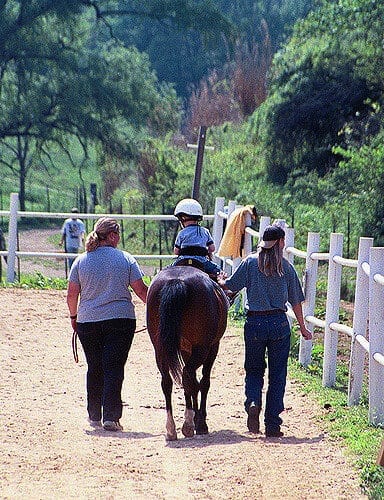
Make sure to find out specifically what your horse should be able to physically do before donating him to a program. Will your horse need to be able to trot, and will he be expected to carry the weight of adult riders? There are also particular temperament requirements that your horse will need to be able to meet, and not spooking or overreacting to stimuli is a vital requirement of most therapeutic riding horses.
What Happens If Your Horse Doesn’t Work Out?
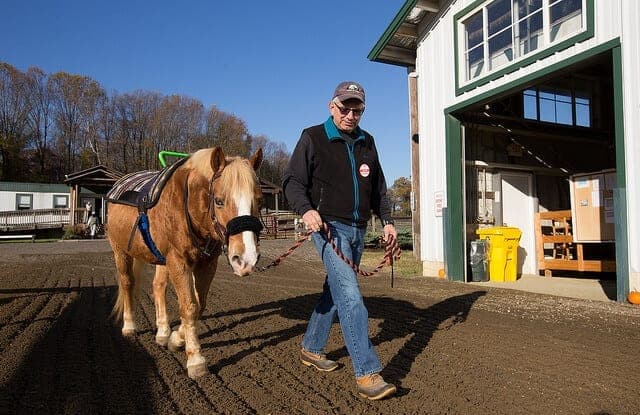
Once you donate your horse, he will likely undergo a training and testing period where his suitability for the program is evaluated. Make sure that you ask what will happen to your horse if he doesn’t work out for the program. Will he be returned to you at no cost? Is there some other plan in place for his use?
What Methods Are Used to Keep Horses Sound and Comfortable?
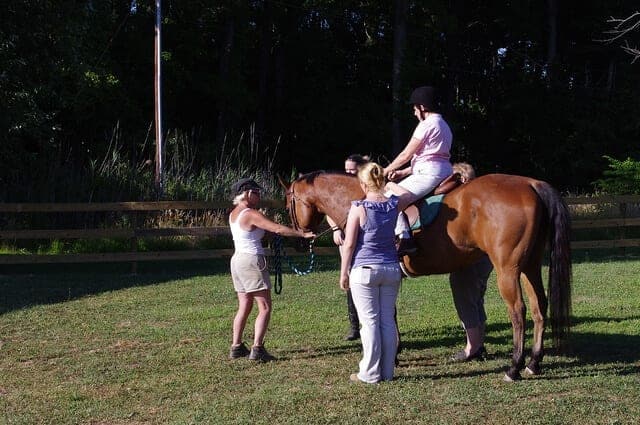
Therapeutic horses undergo intense work. They need to be able to support unbalanced riders, and their backs are subjected to riders who have little body control and may bounce around a lot. Ask if there are specific methods, like special saddle pads or equine massage, used to keep the program’s horses sound and comfortable.
What Will Happen to Your Horse When He Is No Longer Needed?

Finally, ask about what will happen to your horse when he is no longer useful to the program. Many therapeutic horses are retired every year, and some go off to new homes or to retirement homes. It’s rare that a program is able to retire and support a horse that isn’t in work, so ask about what will happen to your horse when his time with the program is through.
Horse Courses by Elaine Heney
- Listening to the Horse - The Documentary by Elaine Heney & Grey Pony Films
- Shoulder In & Out Training for better balance, bend & topline development with your horse
- Over 110+ Polework Exercises & Challenges to Download
- Dancing at Liberty & Creating Connection with Your Horse (11 lessons) - Grey Pony Films
Donating your horse to a therapeutic riding program can be a great idea, but make sure that you know the details before you finalize the donation.

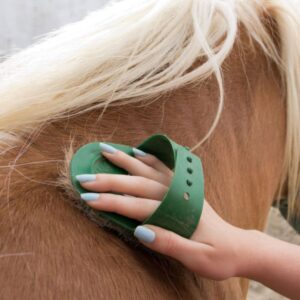



Leave a Reply